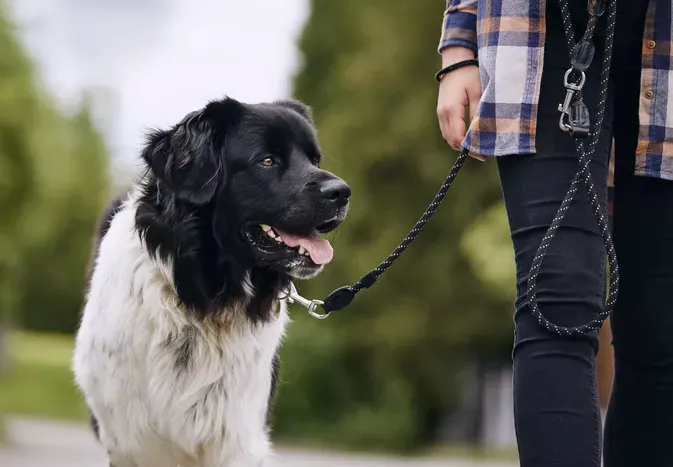8 Things to Teach Your New Rescue Dog Right Away
Updated on 05/27/24

8 Essential Lessons: Empowering Your Newly Adopted Rescue Dog
Welcoming a rescue dog into your home is an incredibly rewarding experience, but it can also be a journey of adjustment for both you and your furry friend. To foster a harmonious and fulfilling life together, it's crucial to lay a solid foundation by teaching your canine companion a set of essential lessons right away.
In this comprehensive guide, we delve into eight fundamental behaviors that will empower your rescue dog and strengthen your bond.
1. House Training: Establishing Boundaries and Comfort
* Start by confining your dog to a small, designated area, such as a crate or puppy playpen.
* Take your dog out frequently, especially after meals, naps, and playtime.
* Reward your dog heavily for eliminating in the designated area.
* Be patient and consistent, as accidents may happen during the learning process.
2. Basic Commands: Communicating with Clarity
* Teach your dog the essential commands "sit," "stay," "come," and "leave it."
* Use positive reinforcement, such as rewards or praise, to encourage compliance.
* Practice these commands in different settings to ensure your dog understands them in various situations.
3. Leash Training: Confidence on the Go
* Attach a leash to your dog's collar and gently guide them along.
* Start in quiet areas with minimal distractions and gradually introduce more challenging environments.
* Reward your dog for following beside you and staying calm on the leash.
4. Socialization: Building Bonds and Confidence
* Expose your dog to a variety of people, other animals, and situations in a controlled and positive manner.
* Supervise interactions and intervene if your dog shows signs of fear or aggression.
* Reward your dog for calm and friendly behavior.
5. Crate Training: A Safe and Cozy Retreat
* Introduce your dog to their crate gradually, using treats and positive associations.
* Make the crate a comfortable and inviting space with a soft bed and familiar scents.
* Use the crate for short intervals initially, gradually increasing the duration as your dog becomes comfortable.
6. Grooming: Maintaining Health and Hygiene
* Brush your dog's fur regularly to remove loose hairs, mats, and dirt.
* Bathe your dog as needed, using dog-specific shampoo and conditioner.
* Trim your dog's nails regularly to prevent overgrowth and discomfort.
7. Basic Health Care: Nurturing Well-being
* Establish a regular schedule for vet checkups, vaccinations, and parasite prevention.
* Monitor your dog's eating, drinking, and elimination habits for any changes.
* Learn how to administer basic first aid for minor injuries or emergencies.
8. Exercise and Play: Essential for Physical and Mental Stimulation
* Provide your dog with regular exercise tailored to their breed and energy levels.
* Engage in interactive play sessions to stimulate your dog's mind and strengthen your bond.
* Avoid overexertion, especially in hot weather or with puppies.
Conclusion
By implementing these lessons with patience, consistency, and love, you will create a strong foundation for a harmonious and fulfilling life with your rescue dog. Remember, every dog is unique, so adjust the approach and timeline to suit their individual needs. With time and effort, your canine companion will transform into a well-balanced, confident, and cherished member of your family.
Explore More Pets

Basic Training
Puppy and Baby Introductions

Working Dog Breeds
All About Search and Rescue Dogs

Dog Treatments
Puppy Vaginitis: Signs, Causes and Treatment

Dog Adoption
After More Than 1,200 Days in the Shelter, Coco Goes Home

Basic Training
How to Train Your Puppy to Go on Potty Pads

Hybrid Dog Breeds
The Difference Between a Mutt, Mixed Breed, or Designer Dog?

Dog Treatments
Nail Problems in Dogs

Puppies
7 Reasons Why Two Dogs Are Better Than One
